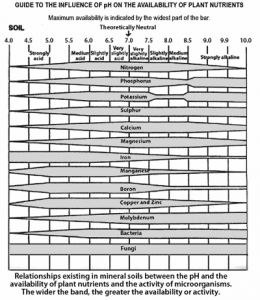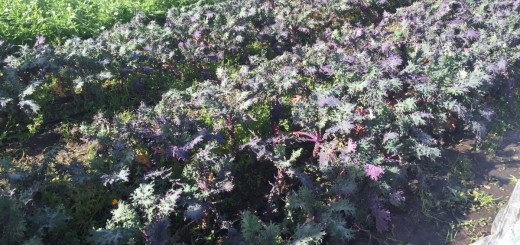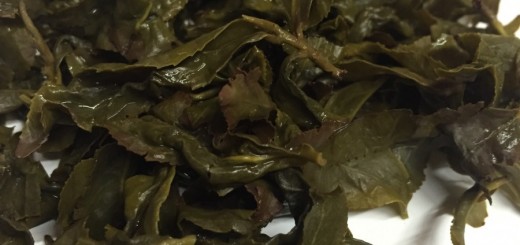Suitable Soil Porperties
Tea soils vary depending on region and altitude. Soils from high altitudes are light in texture with course and find sand bits. They are made up of mostly kaolinite, which is a clay mineral. Kaolinite does not bond with potassium well and has low cation exchange capacity. Besides being a nutrient, Potassium is vital for metabolizing the nitrogen in the soil. Not enough Potassium results in reduction of growth rate, reduced leaf size, and a brownish purple color is produced. Phosphorus levels are should relatively high. Citric acid and rock phosphate help release the phosphorus capacity. Nitrogen efficiency is highest in soils with a pH of 4.5 and 5. It plays a key role in healthy vegetative growth. You can notice a Nitrogen deficiency if the younger leaves are yellowed and if there is stunted shoot growth. It is recommended to keep the soil pH at around 4.8. Soils with low calcium content are preferable for growing tea. Sulfur content in the soil should range between 0.08 and 0.30%. From the use of recycling, sulfur deficiency is not commonly seen. A risk to soil from too much rain is soil erosion. Tea requires the vitamins and minerals N, P, K, S, Ca, Mg, Zn, Mn, B, and CI to be healthy and prosperous.




